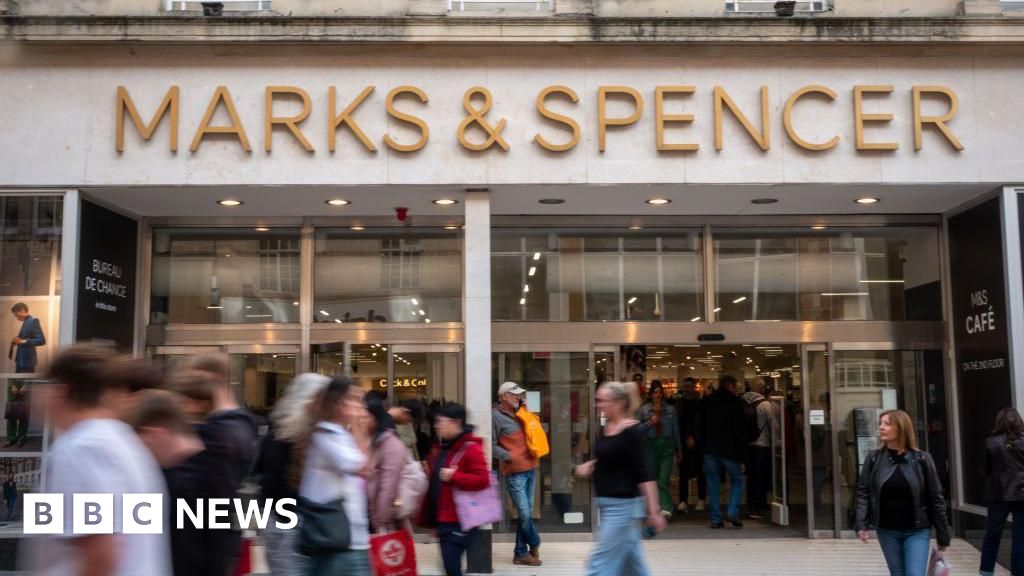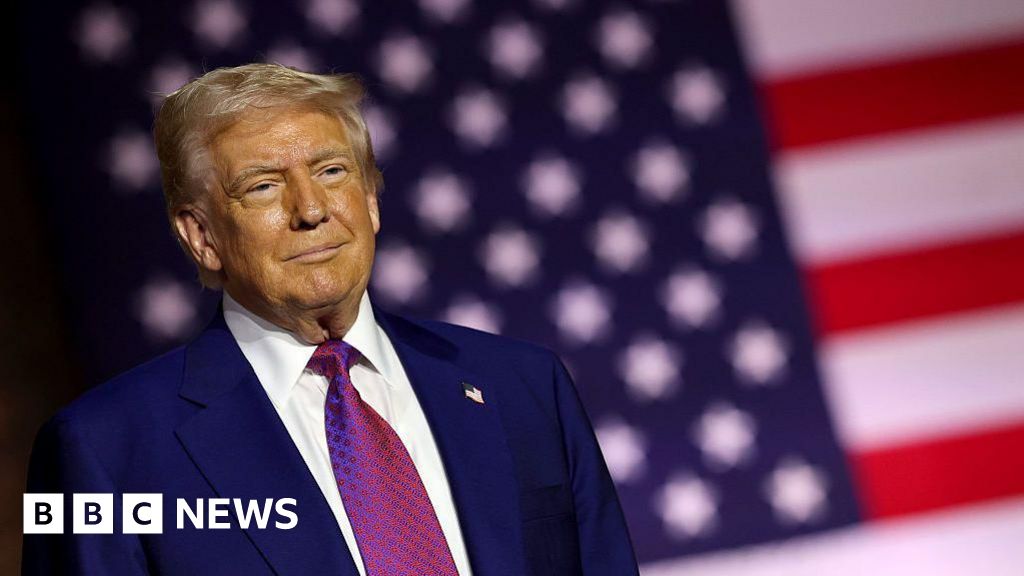ARTICLE AD BOX
By Dan Whitworth
Money Box reporter, BBC Radio 4
Image source, Getty Images
A senior director at one of the world's biggest cryptocurrency exchanges has told Radio 4 Money Box there's a "special place in hell" for fraudsters.
Curtis Ting spent eight years at the FBI before joining Kraken where he is now managing director for Europe, Middle East and Africa.
"I'm a former law enforcement official myself, I also have two living grandparents," he says. "Frankly there's a special place in hell reserved for scammers and fraudsters who try to rob the vulnerable and the elderly."
He was speaking in relation to a fraud recently featured on Money Box where 77-year-old Graeme Stagg had nearly £800,000 stolen.
Fraud controls
Graeme was tricked into investing in cryptocurrency and more than half a million pounds was taken in less than a month using Kraken's exchange.
"We have a lot of fraud identification controls on the platform. We have flags identifying anyone who registers over a certain amount so anybody over a certain age gets flagged," says Mr Ting.
"Not only do they get flagged but you also see certain transaction amount levels in association with those accounts creating a particularly high risk profile.
"When that happens we hold [freeze] that account and reach out to individuals, and we require that a written note be provided to us identifying explicitly these individuals are doing these transactions of their own volition and not being guided by anybody."
Despite having these controls in place, Graeme had been so completely groomed by criminals he was able to transfer more than £500,000 into e-wallets using the Kraken exchange within the space of just 26 days.
Graeme served with the RAF for 22 years before fraudsters stole every penny he had - nearly £800,000
The criminals then transferred it out of Graeme's control, stealing it all and leaving him with nothing.
Curtis says it's up to law enforcement to catch the criminals but that it's the "duty of exchanges, like ourselves, to work very closely with [law enforcement]", adding they are fully cooperating with police in this case.
Stable coins
Mr Ting welcomes plans announced by the UK government to regulate some cryptocurrencies as part of wider efforts to make the country a hub for digital payment companies.
So-called stablecoins will become recognised forms of payment to give people confidence in using digital currencies, according to the Treasury.
Stablecoins are designed to have a stable value linked to traditional currencies or assets like gold, and as such they are considered less volatile than cryptocurrencies such as Bitcoin.
"The integration of stablecoins into the payment framework potentially impacts our business quite a bit," Mr Ting says.
"There is the potential that we expand our service so that on top of simply facilitating trades, buying and selling of crypto, there's closer integration with payment networks, merchant providers and so forth."
Chancellor Rishi Sunak said: "We want to see the [cryptocurrency] businesses of tomorrow - and the jobs they create - here in the UK, and by regulating effectively we can give them the confidence they need to think and invest long-term."
The Treasury has not yet confirmed which stablecoins will be regulated; well-known ones include Tether and Binance USD.
Mr Ting says he sees more regulation as a positive thing as "it means more people will have to join us".
"We welcome that. In our operations in Europe we're actually much further ahead in our discussions with European regulators because actual legislation is already on the table.
"If anything, the UK articulating this vision brings it further into alignment with where the rest of the industry is headed."
Financial and environmental concerns
Regulators are racing to draw up rules to manage cryptocurrencies amid concern that their growing popularity could threaten established financial systems.
In December, the Bank of England's deputy governor said that while only about 0.1% of UK wealth was currently held as digital assets, that proportion was growing quickly.
Sir Jon Cunliffe told the BBC that if the value of cryptocurrencies fell sharply, it could have a knock-on effect.
Meanwhile, the US is moving to craft regulations amid rising concern that the cryptocurrency industry is a haven for criminals.
The process of generating digital coins via banks of powerful computers, called mining, is also highly energy intensive. Recent research suggests Bitcoin now generates carbon emissions comparable to the country of Greece.
Mr Glen admitted there were concerns about the environmental impact and said the government "will be looking closely at energy usage associated with certain crypto-technologies".
You can hear more from Curtis Ting's interview on BBC Radio 4's Money Box podcast by clicking here.

 3 years ago
118
3 years ago
118








 English (US) ·
English (US) ·